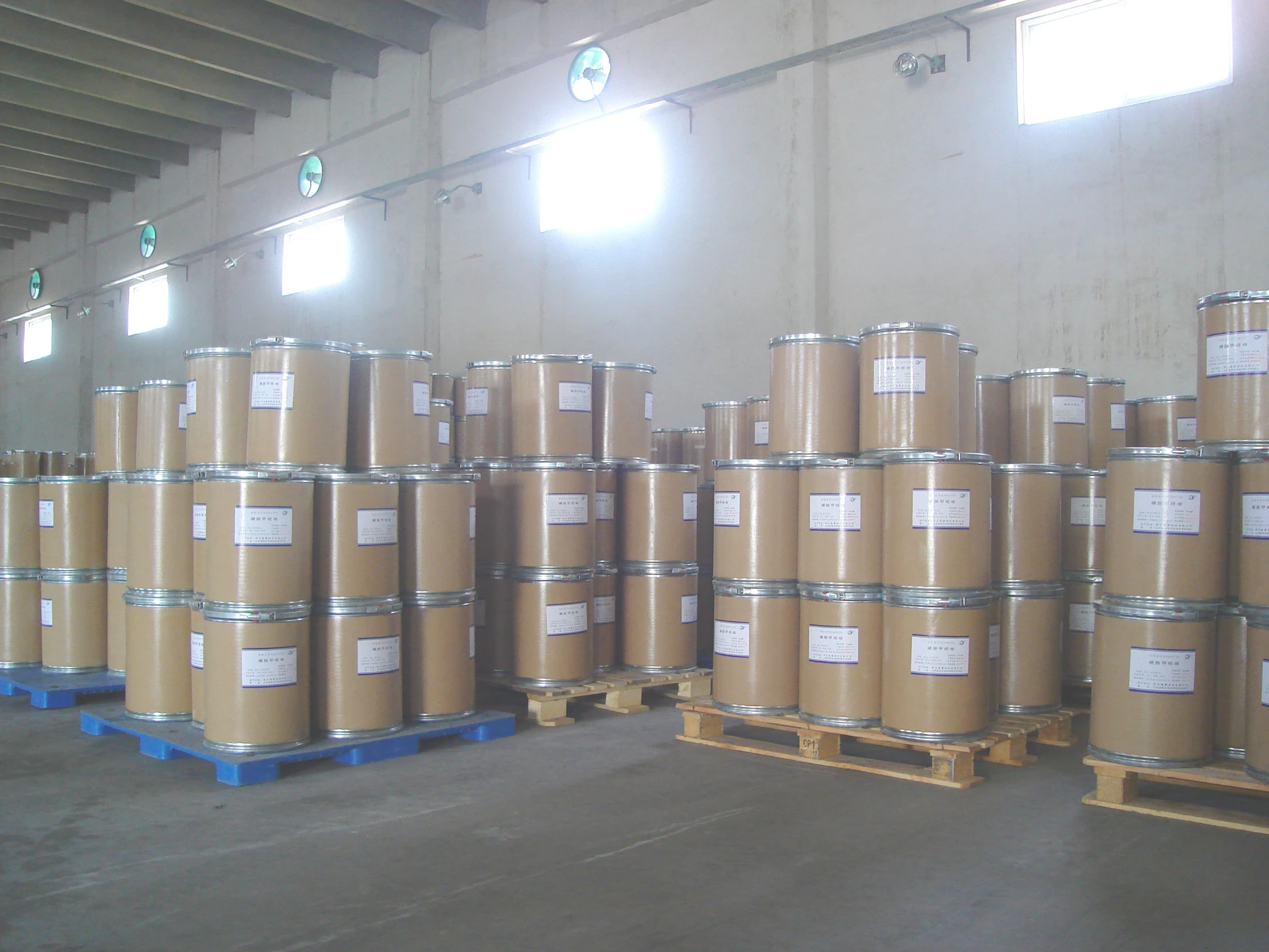What Chemical is Used to Treat Wastewater?
Wastewater treatment is an essential process that ensures the safety of our water bodies by mitigating the impact of contaminants. Various chemicals play pivotal roles in this treatment process, helping to purify water and promote environmental sustainability. One of the most commonly used chemicals in wastewater treatment is sodium hypochlorite, a powerful disinfectant.
Sodium hypochlorite, commonly found in household bleach, is employed in wastewater treatment plants to eliminate harmful pathogens. This chemical works by releasing chlorine into the water, which reacts with microbial cells, effectively destroying bacteria, viruses, and other microorganisms. The use of sodium hypochlorite not only facilitates the disinfection of treated water but also plays a crucial part in preventing the spread of waterborne diseases, making it a vital chemical in the treatment process.
Another significant chemical used in wastewater treatment is alum, or aluminum sulfate. Alum acts as a coagulant, which means it helps to aggregate fine particles that are suspended in water. When added to wastewater, alum binds with these particles, creating larger clusters that can be easily removed during the sedimentation process. This not only clarifies the water but also reduces the turbidity, enhancing the overall efficiency of the treatment process.
what chemical is used to treat wastewater

In addition to sodium hypochlorite and alum, other chemicals such as chlorine dioxide and ozone are gaining traction as more environmentally friendly alternatives for disinfection. Chlorine dioxide is highly effective in killing bacteria and viruses while producing fewer harmful by-products compared to traditional chlorine disinfection methods. Ozone, on the other hand, is a powerful oxidizing agent that not only disinfects but can also break down organic pollutants, making it an attractive option for treating industrial wastewater.
Furthermore, pH adjustment chemicals like sodium hydroxide and sulfuric acid are often used to maintain the optimal pH levels during treatment processes. Proper pH levels are critical, as they influence the effectiveness of other treatment chemicals and processes. For example, the solubility of certain contaminants can vary significantly with pH, affecting their removal.
In conclusion, wastewater treatment relies heavily on various chemicals to ensure the effective purification of water. Sodium hypochlorite serves as a crucial disinfectant, while alum plays a vital role in coagulating suspended particles. Emerging alternatives like chlorine dioxide and ozone are also being explored for their efficacy and reduced environmental impact. As we continue to strive for cleaner water and a healthier environment, the role of these chemicals remains indispensable in the ongoing efforts to treat wastewater effectively. Proper management and innovative approaches in using these chemicals can lead to more sustainable wastewater treatment practices, ultimately benefiting both human health and our ecosystems.

